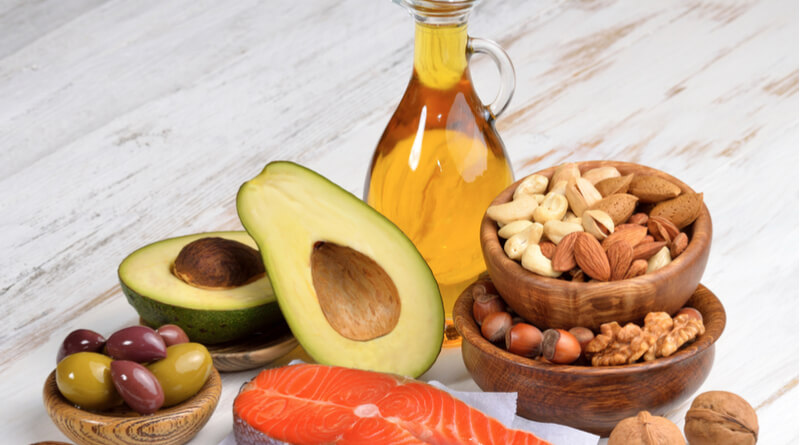Omega-3 fatty acids are helpful for the healthy development of baby and the overall health of the mother. These are polyunsaturated fatty acids and are essential nutrients required for good health and development. These are not synthesized by the human body and should, therefore, be obtained from the diet. The consumption of the right quantity of Omega-3 fats is necessary to maintain the balanced production of the hot one-line substances which are called prostaglandins. Prostaglandins are helpful to regulate blood pressure, blood clotting, nerve transmission, allergic and inflammatory responses, and the function of gastrointestinal tract and kidneys. Omega-3 fatty acids also protect against heart disease and are also known to help prevent mood disorders. They are also known to reduce the risk of autoimmune diseases and rheumatoid arthritis.
Health benefits of Omega-3 fatty acids during pregnancy
- Omega-3s are important for the visual and neurological development of the growing baby.
- They are also essential for the production of breast milk after the baby’s birth.
- The deficiency of Omega-3 can also increase the risk of depression in the mother.
- Foods rich in Omega-3 include cold water fish such as salmon, farmed oysters, soya bean oils and canola. However, it is recommended to consult your doctor before consuming fish since they can have high mercury content.
- Walnuts and walnut oil are very rich in Omega-3 fatty acids. Walnuts can be consumed as a quick snack or can be added to oatmeal or cold cereals, yogurt, and fresh fruit salads. Walnut oil is used for salad dressings or over grilled vegetables or meat.
- Tofu is another excellent source of Omega-3s. You can bake tofu too.
- Green leafy vegetables such as Brussels sprouts and spinach are very rich in Omega-3s.
- Amongst fresh herbs, parsley is also rich in Omega-3s.








